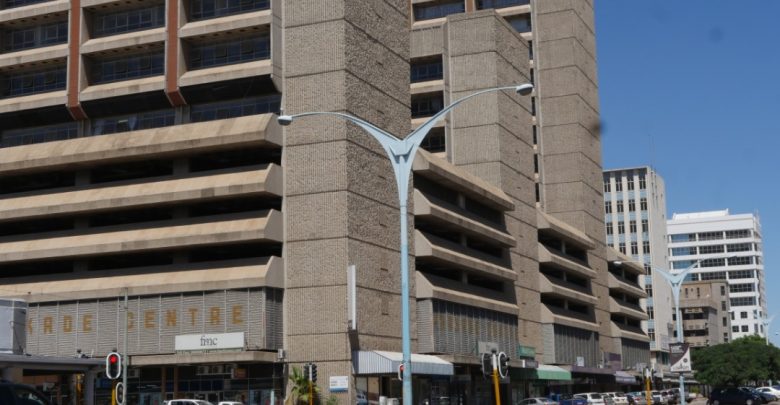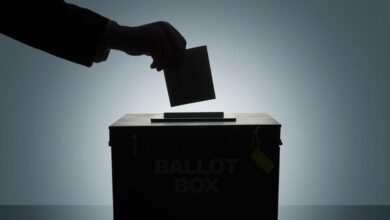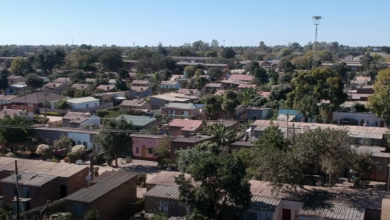
As Zimbabwe entered day two of the 21-day national shut-down as part of measures to contain the Coronavirus Disease (COVID-19), Bulawayo residents have expressed mixed feelings over the unprecedented course of action.
President Emmerson Mnangagwa last Friday declared a three-week national lockdown to contain the deadly pandemic which has so far infected eight people in the country and claimed the life of media personality, Zororo Makamba.
Several countries across the globe including Kenya, Rwanda and neighbouring South Africa are already in shutdowns with the whole world battling to halt the further spreading of COVID-19, which has infected thousands and claimed many lives globally.
During Zimbabwe’s 21-day curfew which expires on April 19, businesses save for retail outlets selling foodstuffs, pharmacies and others offering critical services will remain open.
“We are seated at home; Corona gave us an unpaid holiday,” said Priston Levison of Mzilikazi suburb, adding 21 days was a lot for many people.
“It is human nature to desire the opposite of what you are told not to do. Maybe 10 days people will manage but as it is people are slowly going back into business as usual.”
“Yesterday (Monday) vendors did not erect their stands, but today they are all out. The tragedy is that people live on a hand to mouth basis. They sell something on the streets so that they buy foodstuffs. Many do not have groceries or money that will last them those 21 days.”
Anglistone Sibanda of Bellevue said while remaining home was not an easy thing to do for many people, it was something necessary if the COVID-19 was to be defeated in Zimbabwe.
“I am at home; it’s a very difficult thing to do but necessary in light of the deadly pandemic,” he told CITE.
“It’s a desperate measure in a desperate situation and l applaud the stance by government. Without this, Zimbabweans would continue with their business and spread the virus which as a poor country without funds, under sanctions and the failing economy, we would all die because we have no proper facilities nor the capacity to handle the pandemic.”
Sibanda said while many people in Zimbabwe were self-employed, it was still important that they sacrifice the three weeks and work afterwards.
“Yes most of us are self-employed but we have to choose between sacrificing our lives hustling or comply, live and continue to work later and l think the latter is prudent,” argued Sibanda.
“I urge fellow citizens to comply, eat healthily, drink water, exercise pray, read the word of God and other books to refresh the mind, stay positive, have faith in God and obey authorities. It shall be well soon.”
Another Bulawayo resident, Thembani Ndlovu of Nkulumane said it was business as usual in the area on Monday compared to the city centre which was deserted.
“It’s a normal day for us in our area,” Ndlovu said.
“People are moving around. I was in town and things are completely different.”
He added: “I doubt if this lockdown will keep people at home. The state does not have the capacity. Even in town when I left, numbers had increased.”
Business analyst, Ndumiso Ncube, said, in the long run, self-employed people would find it difficult to remain home while hungry.
“It is easy to tell people to stay home but in a country where the bulk of employment is in the informal sector and the government has not made any provisions for such people, it means they won’t have any income if they don’t sell their produce,” he said.
“This will be especially devastating for informal traders of fresh produce. Many do not have storage rooms to keep their produce fresh, and the few that do will have to battle with 14-18 hour power cuts. People would rather brave the virus than watch their children starve.”






